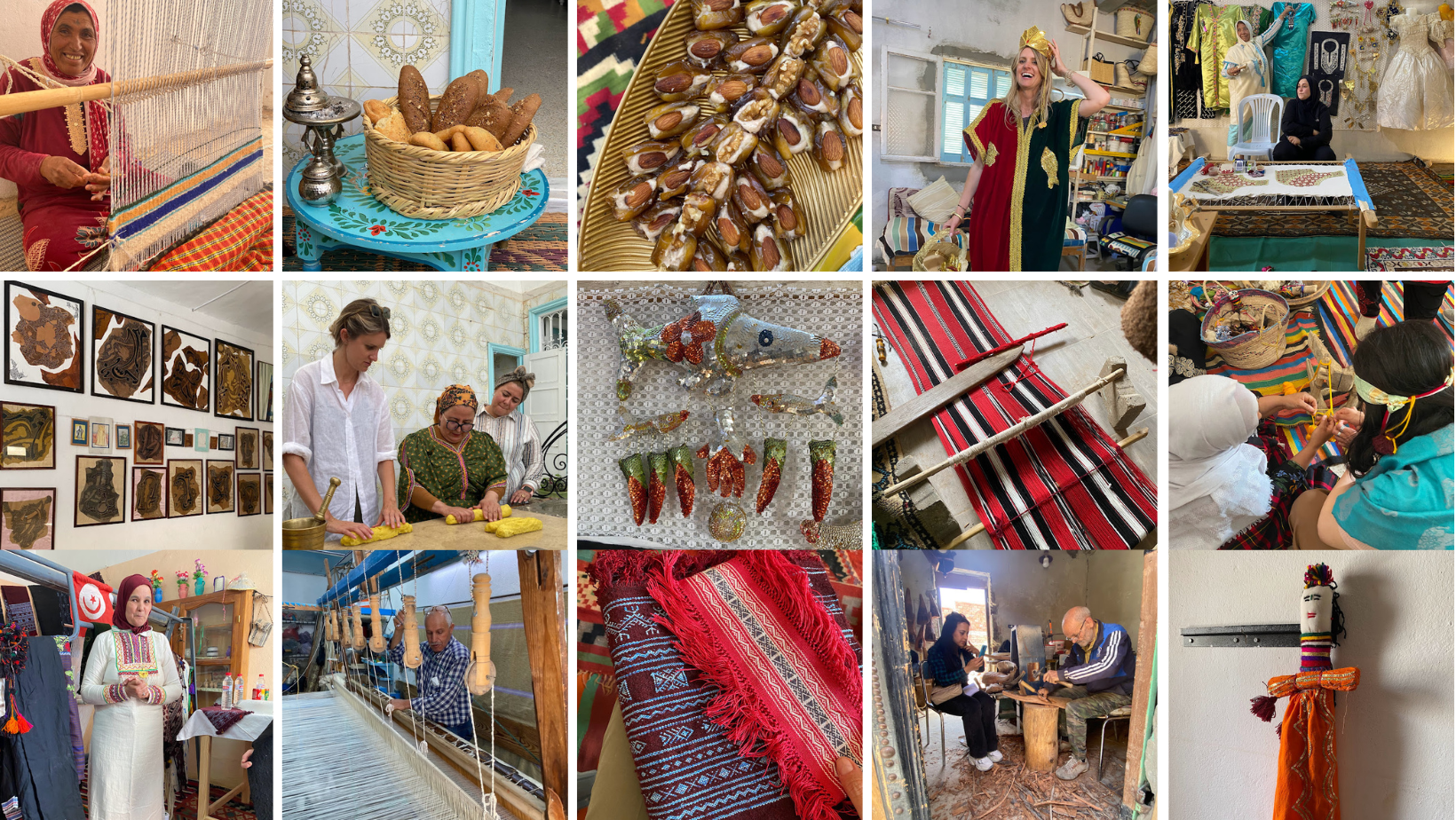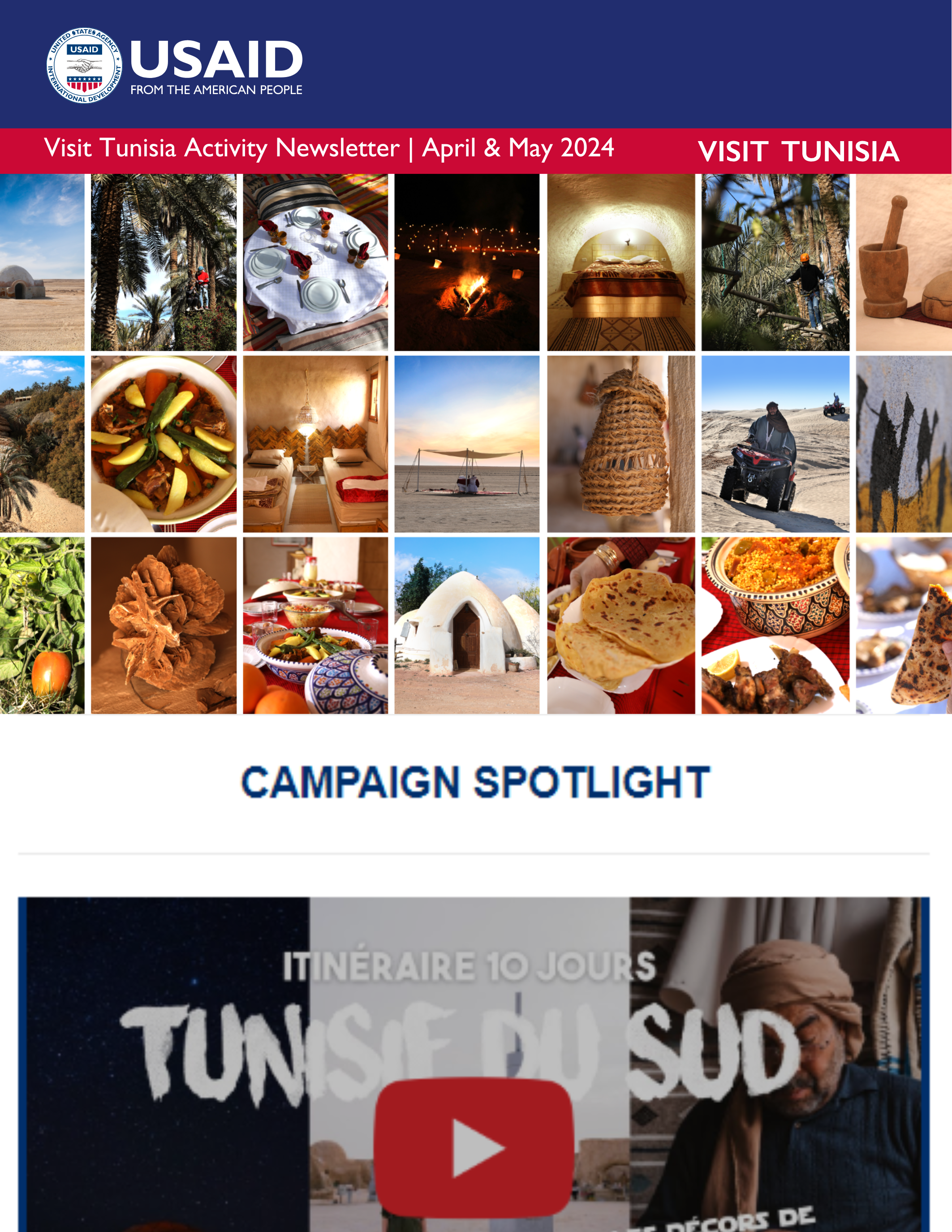Through its Tunisia’s Living Culture assistance program, USAID Visit Tunisia Activity is assisting 30 culture-focused experiences from Tozeur, Kebili, Tabarka, Kairouan, Tataouine, and Gabes in developing or enhancing their touristic offerings. Imagine local and international visitors learn how to make their own “makroudh”, craft traditional teas and essential oil-based cosmetics, or create their own plant-based basket and so much more!
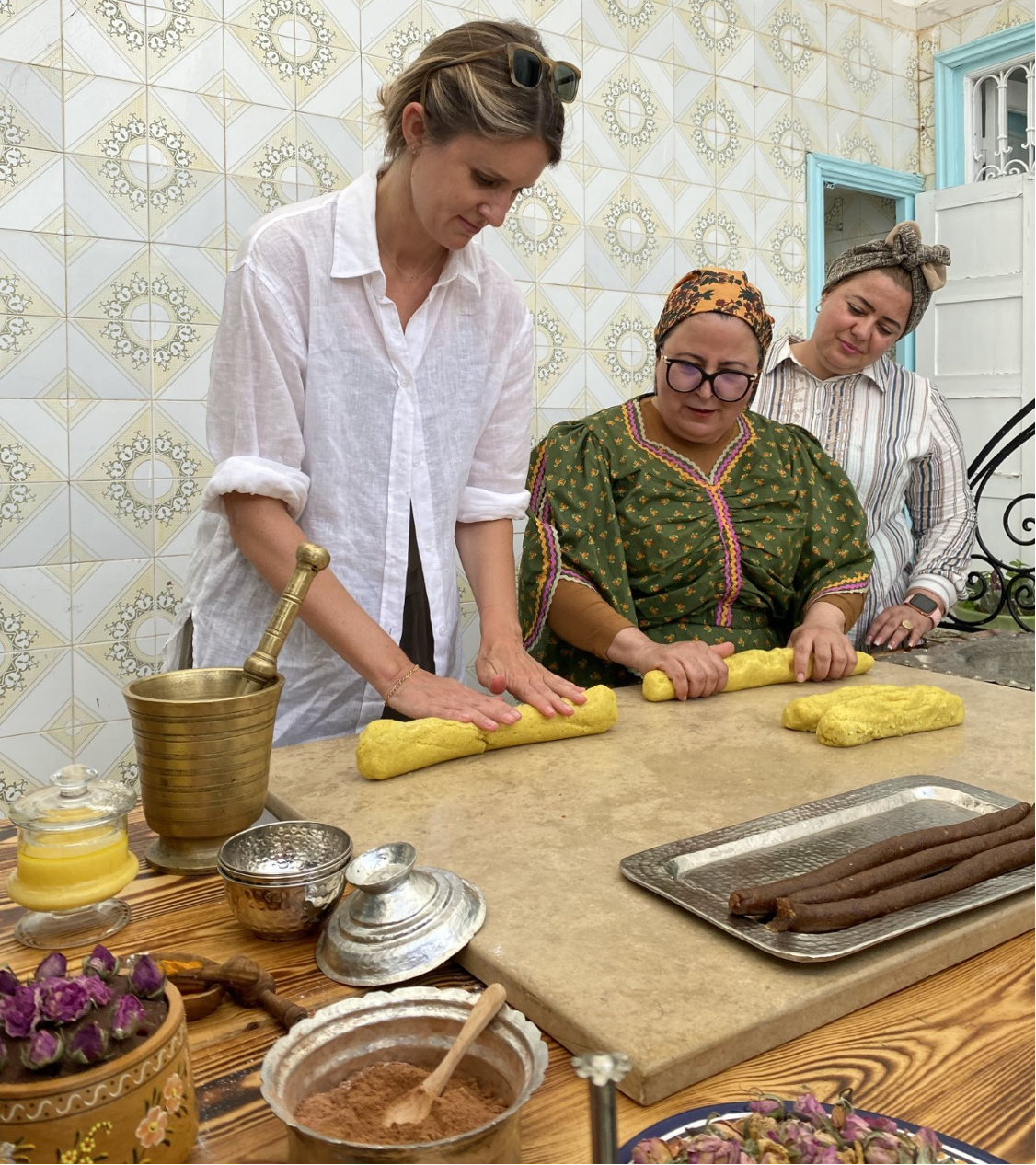 Smithsonian and USAID site visit and experience with Halima Barrak (in the middle) and Thoraya Mallat (on the right side of the photo). Photo ©USAID/Smithsonian
Smithsonian and USAID site visit and experience with Halima Barrak (in the middle) and Thoraya Mallat (on the right side of the photo). Photo ©USAID/SmithsonianHelping Develop Key Components of the Culture-Focused Experiences
Creating Tourism Experiences Workshop
In January, USAID Visit Tunisia successfully held“Creating Tourism Experiences” workshops in Gabes, Kairouan, Tozeur and Tabarka engaging over 280 artisans, cooks, musicians, storytelling and others — recognized as tradition bearers who keep Tunisia’s cultural practices alive from one generation to the next — to support them in creating touristic experiences around gastronomy, craft, music, dance, and storytelling. TLC aims to bring these individuals and their communities into the tourism supply chain, establishing new, market-ready tourism experiences and sharing them with the world.
Selecting 30 artisans/experiences from the initial pool of workshop participants
Following the workshop, USAID Visit Tunisia selected 30 experiences from the initial pool of 280+ workshop participants based on a combination of selection criteria and several site visits conducted in the six targeted destinations in partnership with the established Intangible Cultural Heritage Scientific Committee, composed of anthropologic scholars from the Tunisian academic community.
Selection Criteria
The Scientific Committee used the following criteria for selection:
- Compelling personal story
- Simple, engaging, conversational storytelling style
- Comfortable, clean, accessible, and visually appealing environment
- Connection to the place (local/regional/national)
- Connection to other types of living culture
- Hands-on activities
- Memorable moments of laughter, learning, curiosity, and hospitality - Something tangible for the visitor to take away (ideally, to buy)
- Gender
- Age
- Positive environmental impact
Partner Spotlight
USAID Visit Tunisia is now working with the thirty experiences participating in the TLC program. Three of them from Ain Drahem and Kairouan are highlighted in this article. More experiences will be featured in the upcoming stories to introduce you to the committed and passionate people behind the USAID-supported experiences. Stay tuned!
Barrak Patisserie in Kairouan
Halima Barrak runs one of the most successful small bakeries specializing in Kairouan’s most famous sweet — “makroudh”. In the ancestral home of their grandfather, who was the famous national muezzin of Tunisia, Halima, Thouraya, and Oumaima are working hard towards creating a special experience for Kairouan’s visitors who will not only get to eat their delicious makroudh but learn step-by-step how to make theirs. Beyond the delight for their taste buds, visitors will enjoy the ingredients’ scents of rose, cinnamon and incense and so much more.
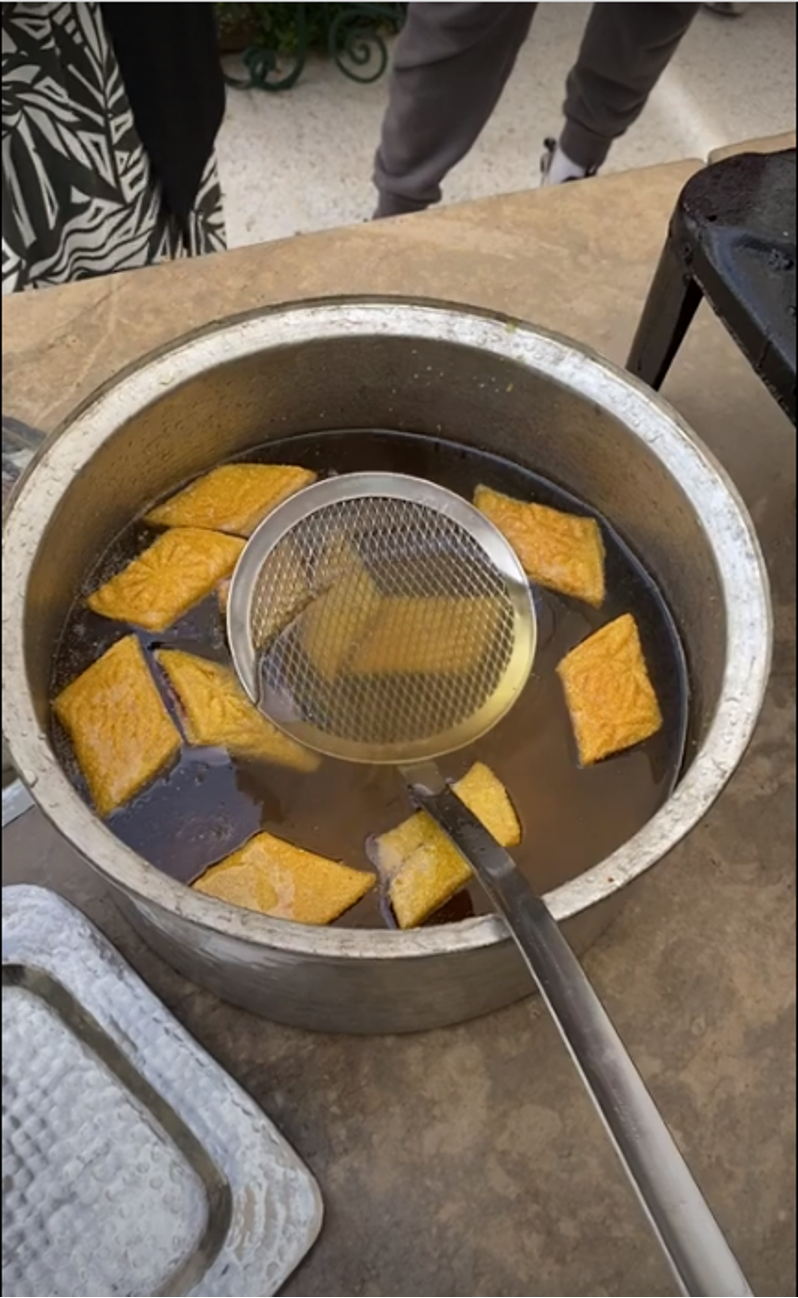
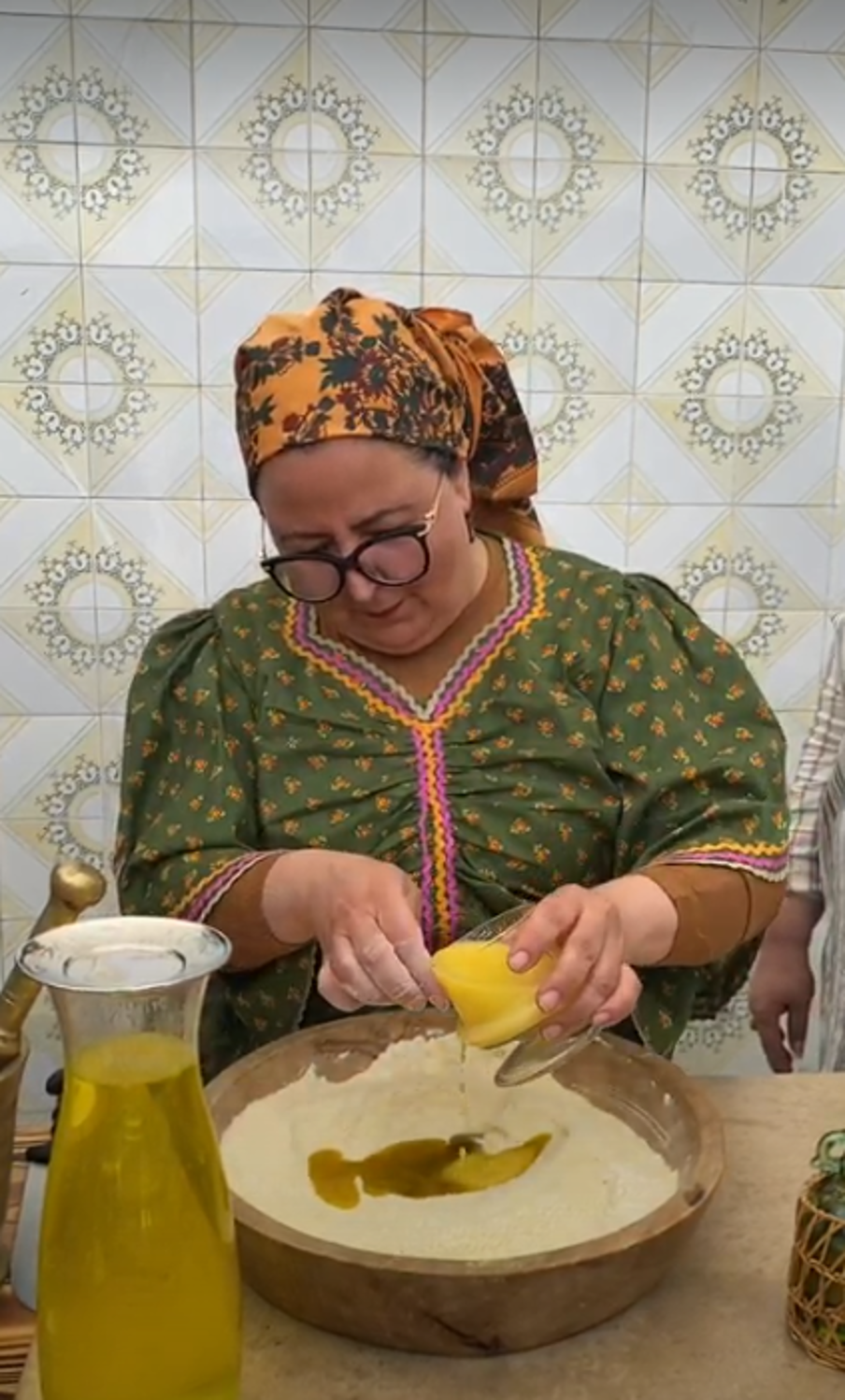
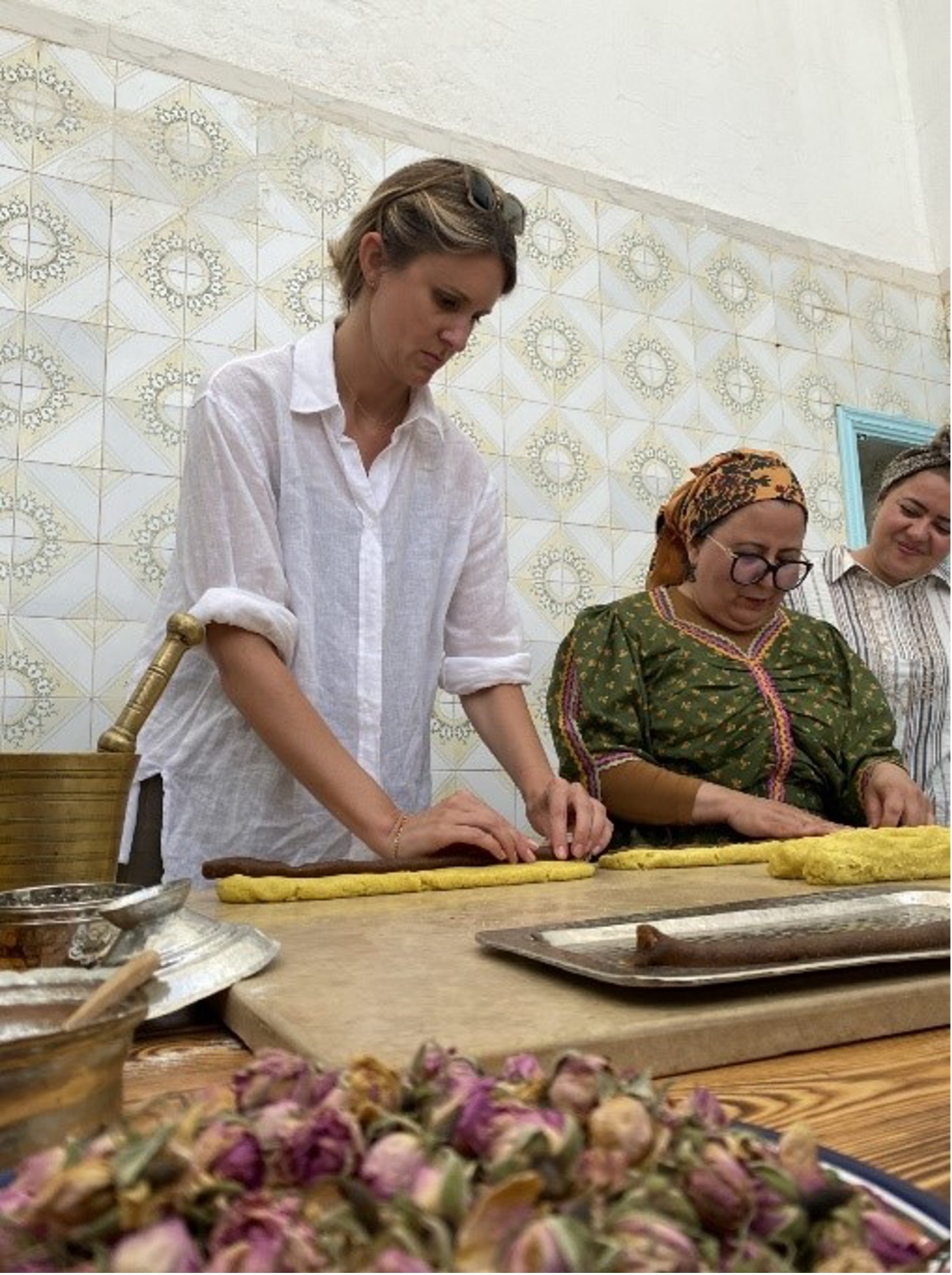
L’art de l’osier (“Wicker Art”) in Ain Drahem
Discover the artistry of Rafik Gouidri and his talented team of artisans as they carry on a cherished family tradition in the enchanting, forested region of Ain Drahem. Using local plant fibers — the wicker, they craft exquisite furniture and home accessories, weaving together the rich history and culture of basket-making for visitors from all corners of the world. With the support of USAID Visit Tunisia Activity's technical assistance, they are now enhancing their touristic offerings. Imagine creating your own miniature basket or delving into the fascinating origins of this ancient craft, all under their expert guidance.
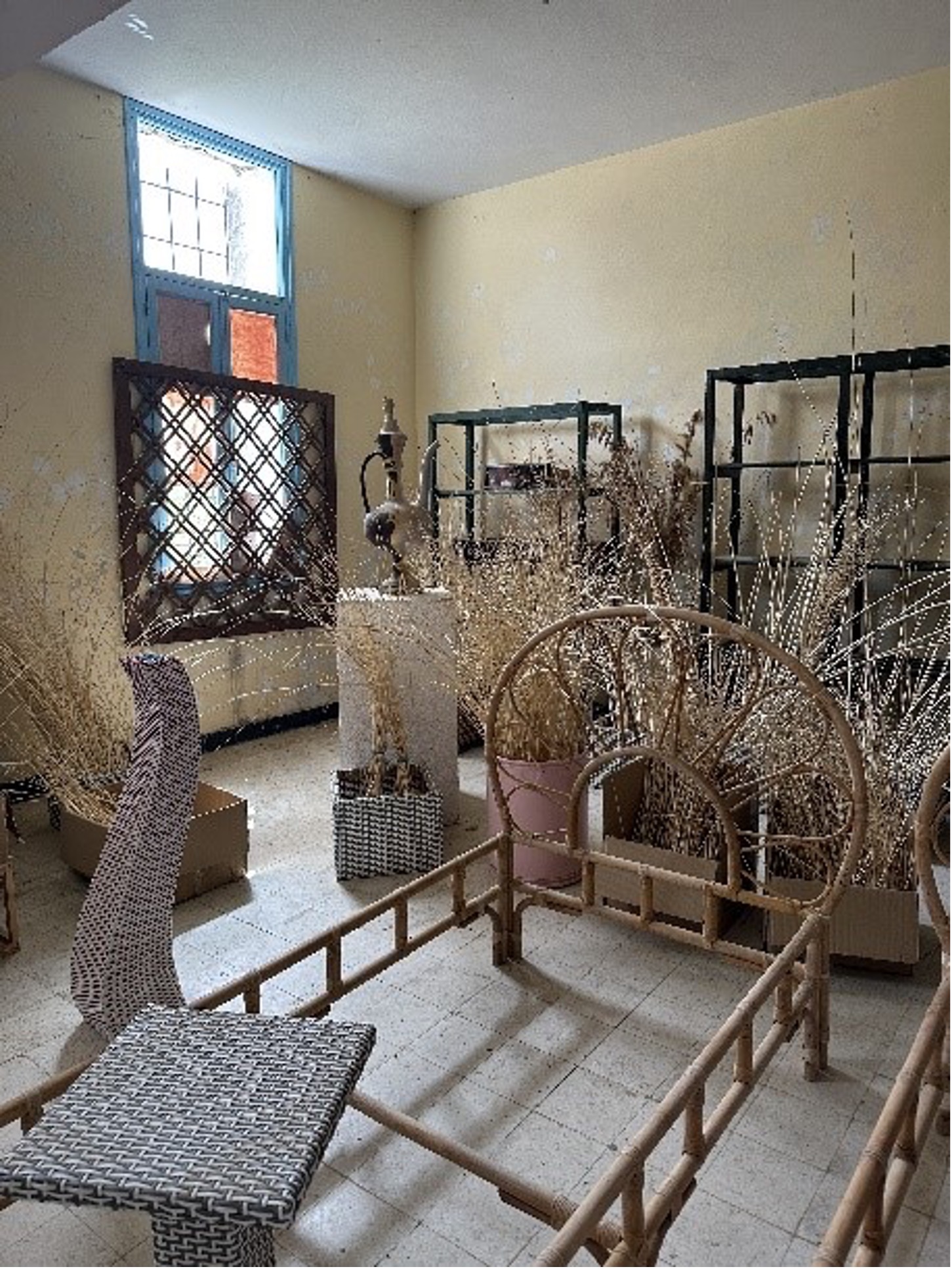
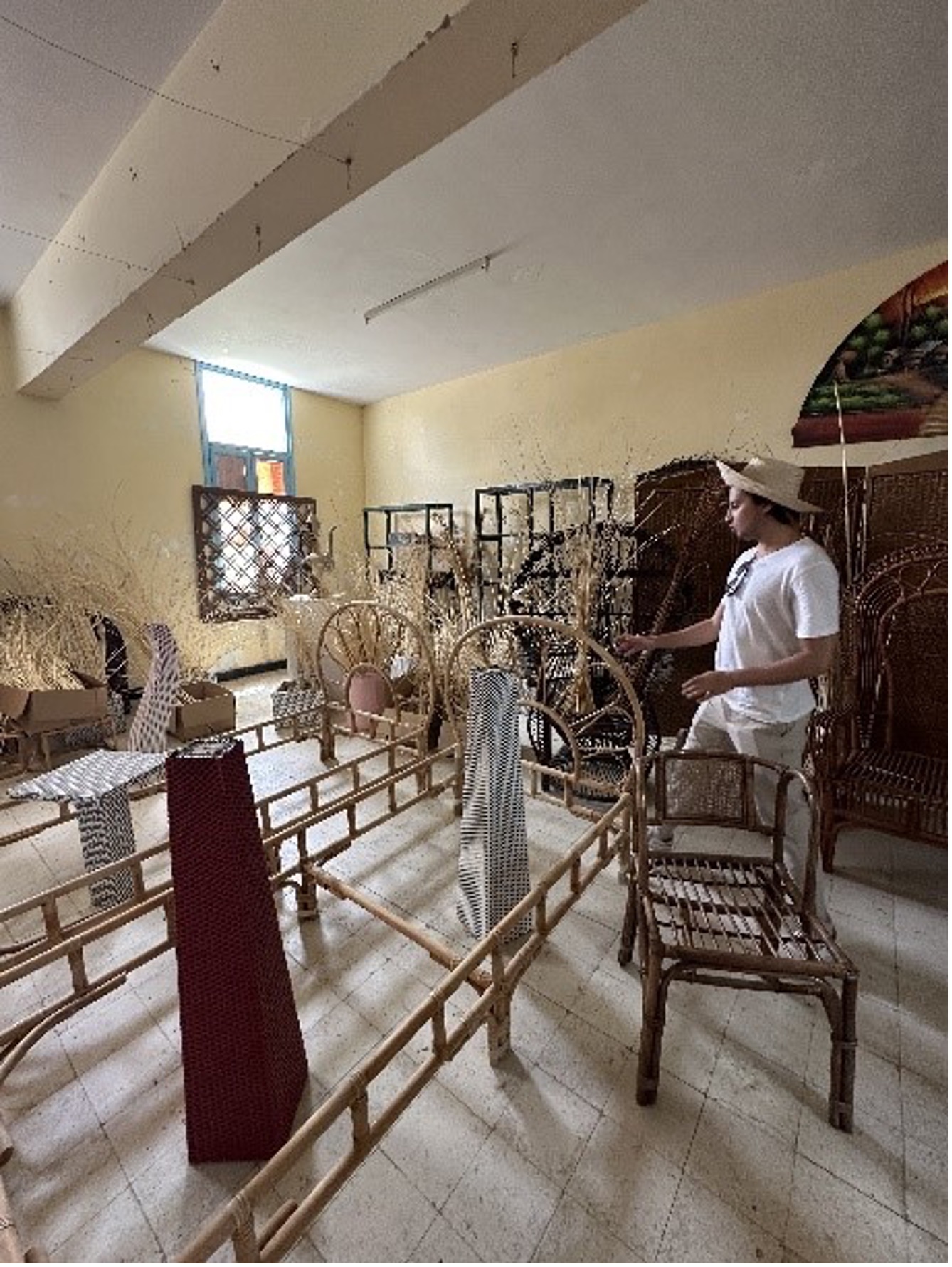
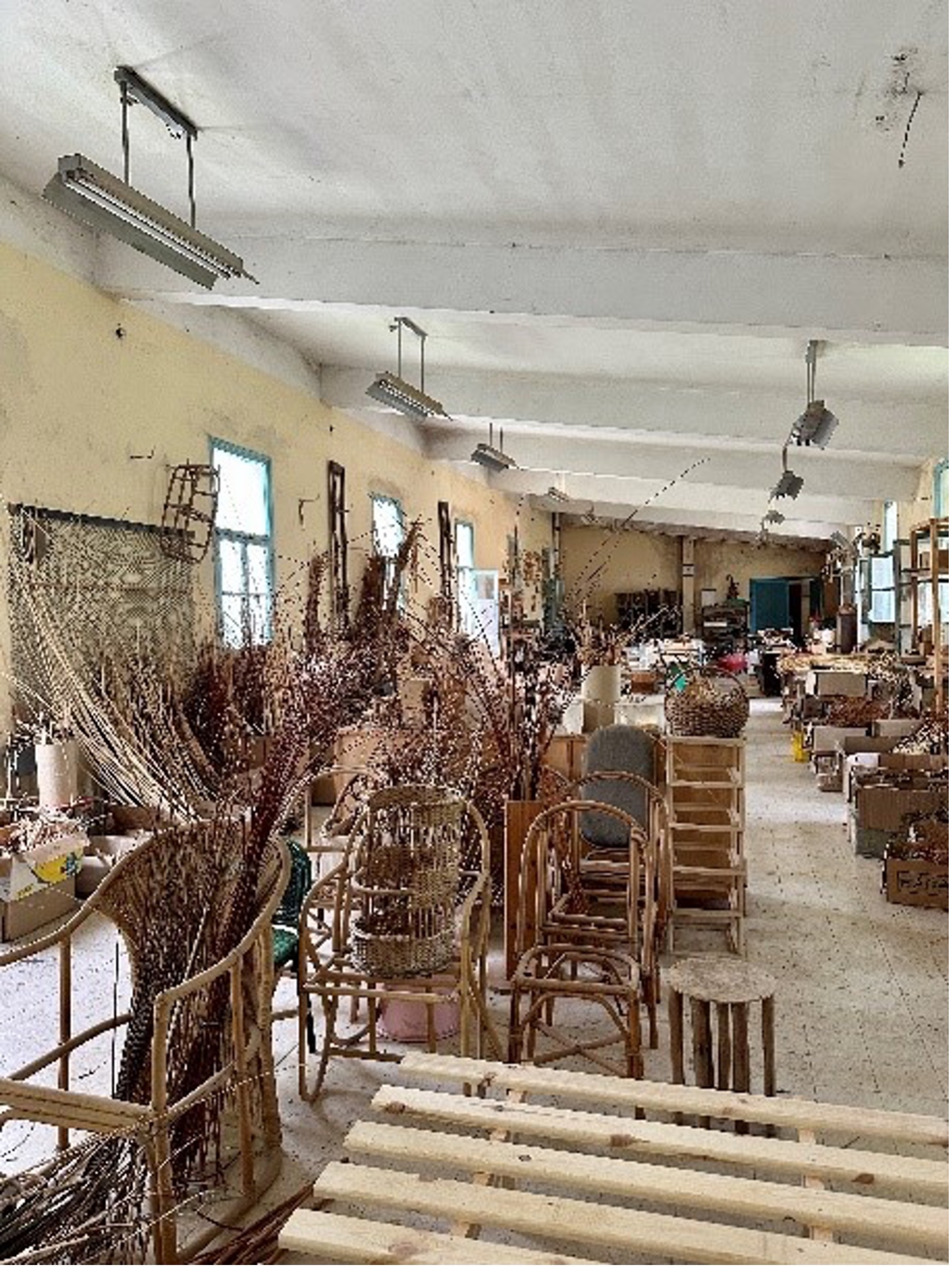
La Forêt in Ain Drahem
Meet Zouhair Helali, a passionate entrepreneur from Ain Draham, who found his calling in the world of aromatherapy and essential oils. After traveling the world and perfecting his skills as an aromatherapist, Zouhair returned to his hometown to create something extraordinary - La Forêt. At La Forêt, Zouhair is not only crafting high-quality essential oils, but he is also cultivating a unique cultural experience around aromatherapy. To take his business to new heights, he's partnering with us through our assistance program. This program is helping him develop key components of the experience, from gathering herbs and harvesting to learning about vapor distillation and crafting traditional teas and cosmetics.
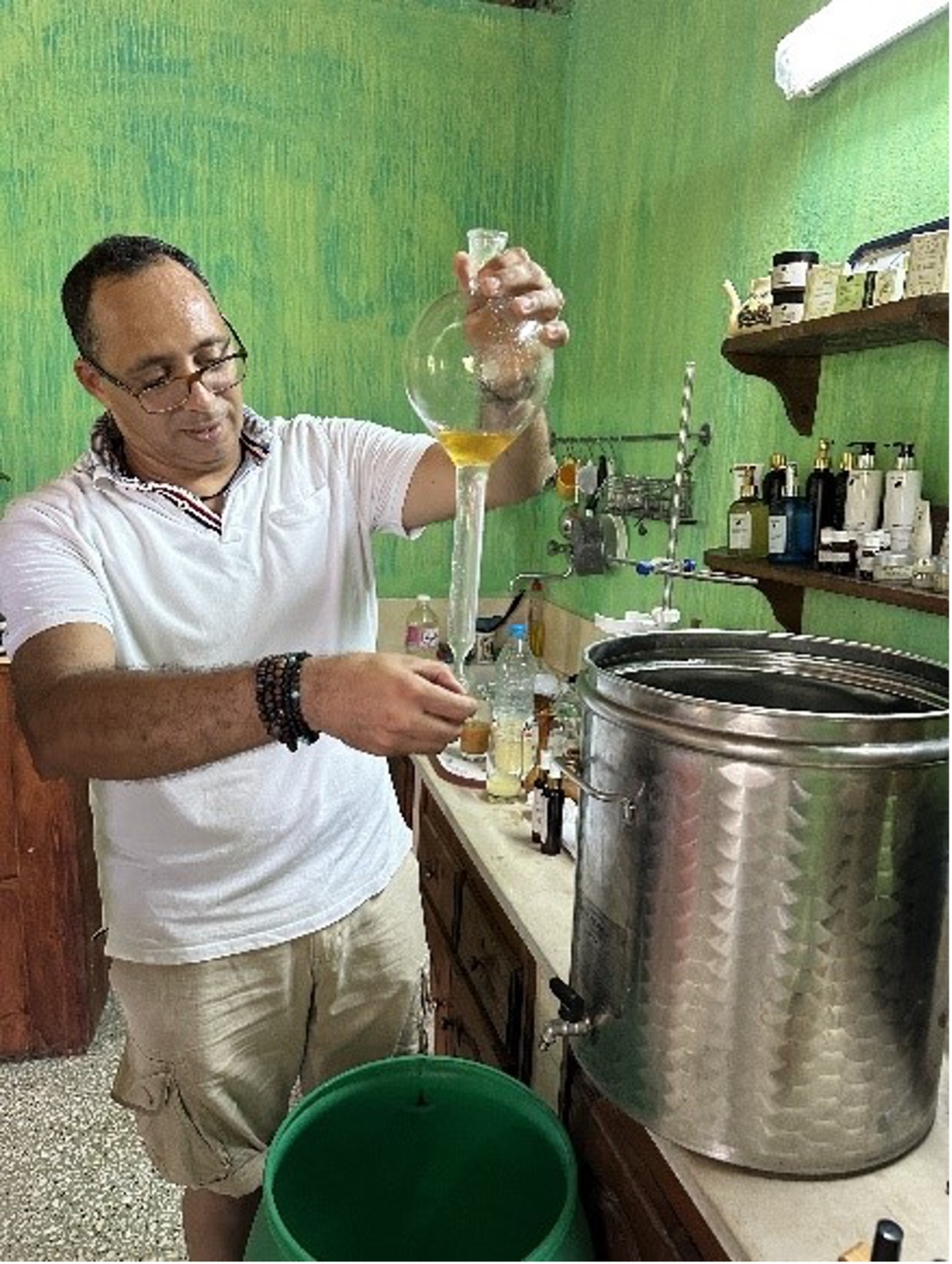
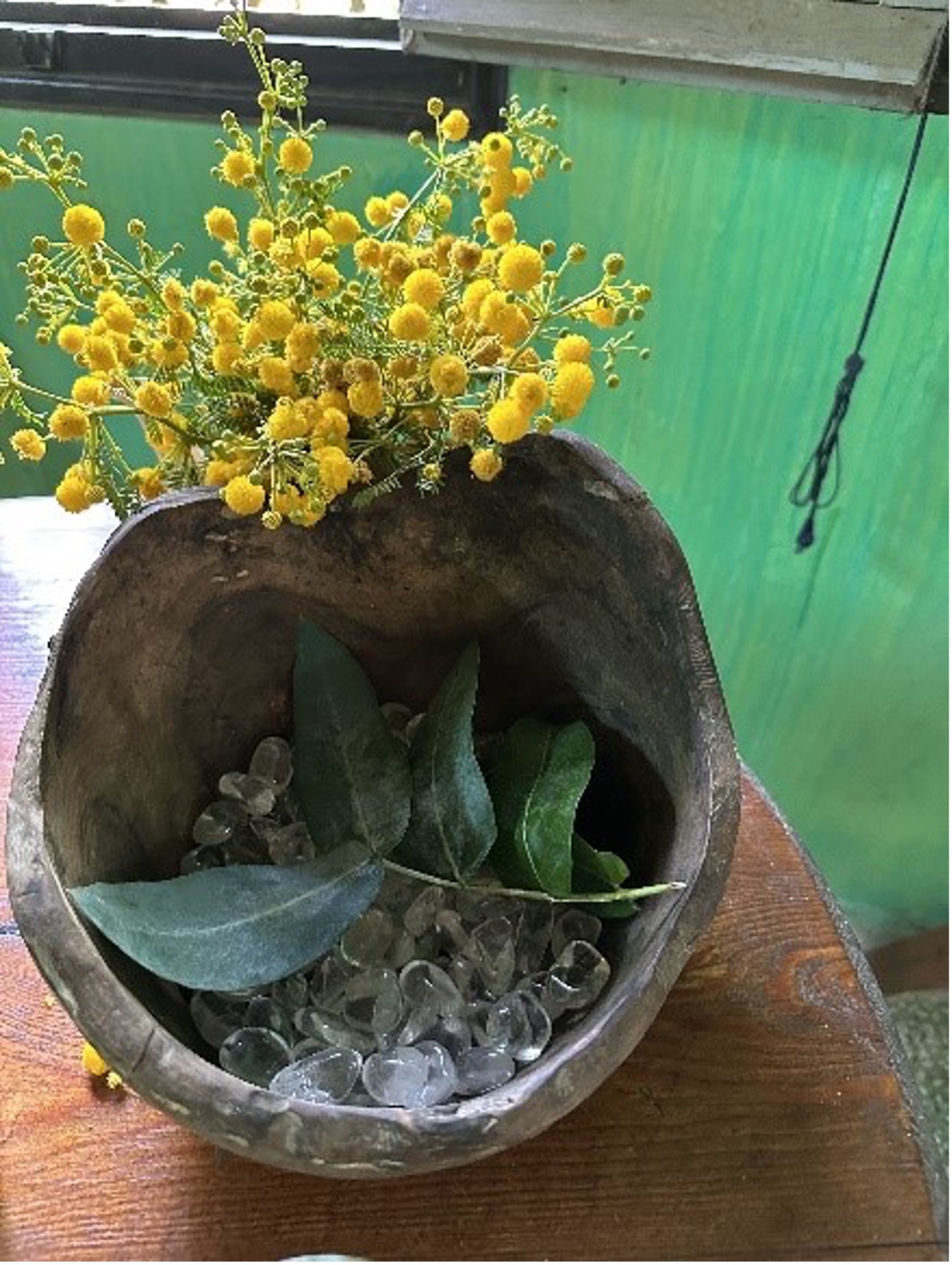
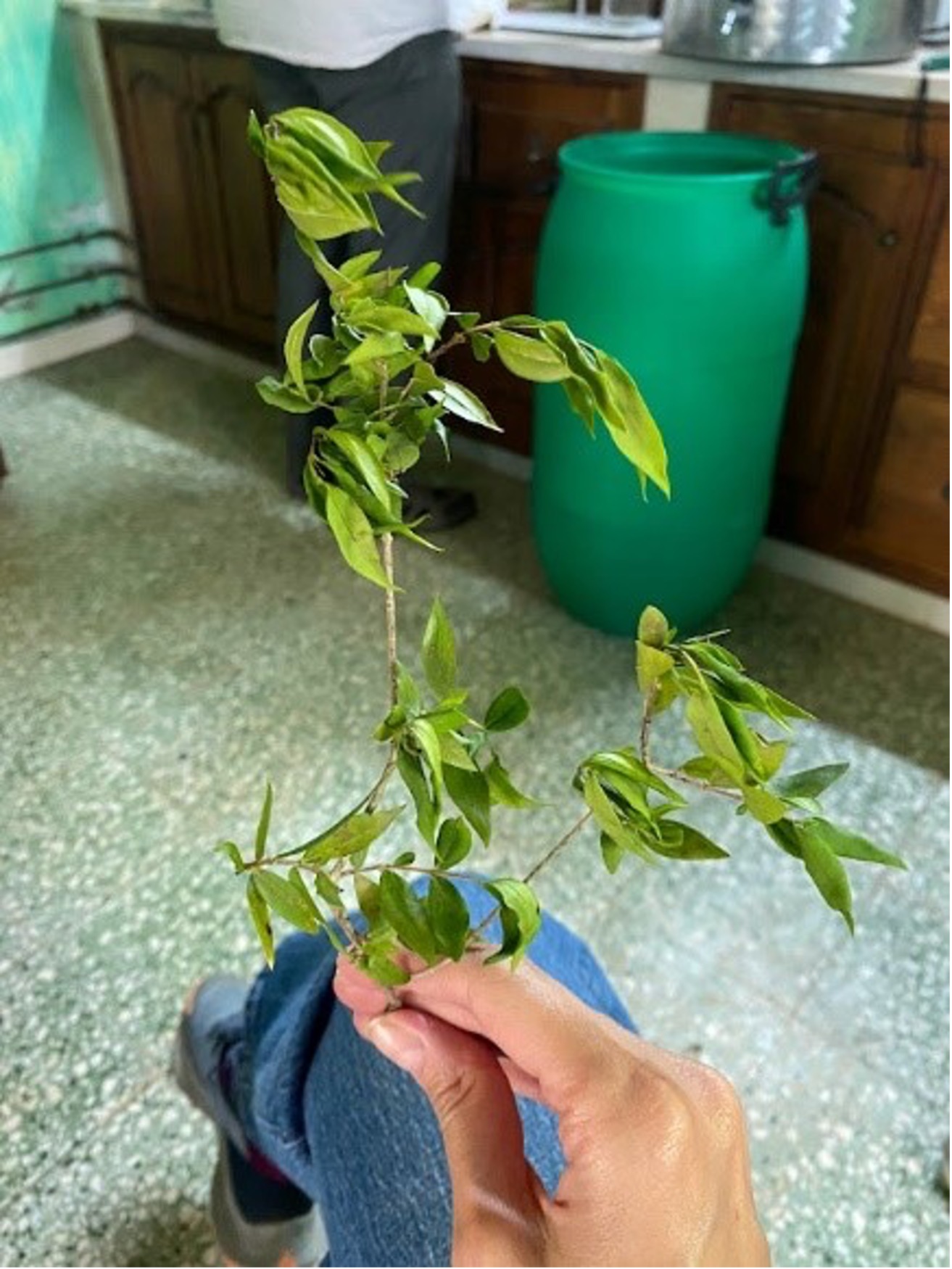
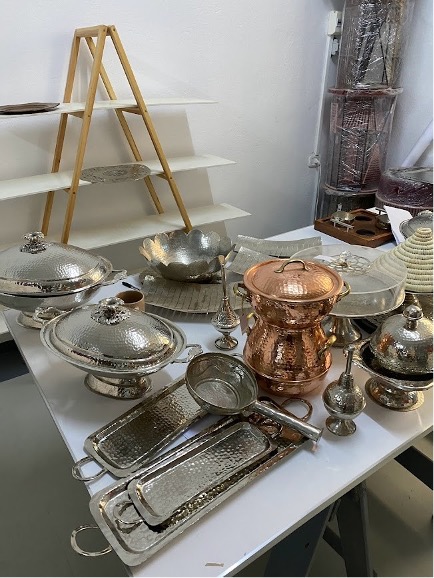
A sneak peek of “Learn about coppersmithing and decorate your own ornament” experience in Kairouan which is under development with the support of the TLC program. Photo ©Smithsonian/USAID
Tunisia’s Living Culture (TLC) is an activity designed in partnership with subcontractor Smithsonian Center for Folklife and Cultural Heritage which aims to support Tunisian culture and tradition bearers such as artisans, cooks, and musicians in creating touristic experiences. TLC’s objective is to support 30 key experiences from the project’s six priority destinations (Tozeur, Kebili, Tabarka, Kairouan, Tataouine, and Gabes) from an initial pool of nearly 300 participants. In addition to technical support, the supported experiences will also receive top-notch customized marketing content and be eligible to apply for a grant to implement priorities identified during the technical assistance phase.
